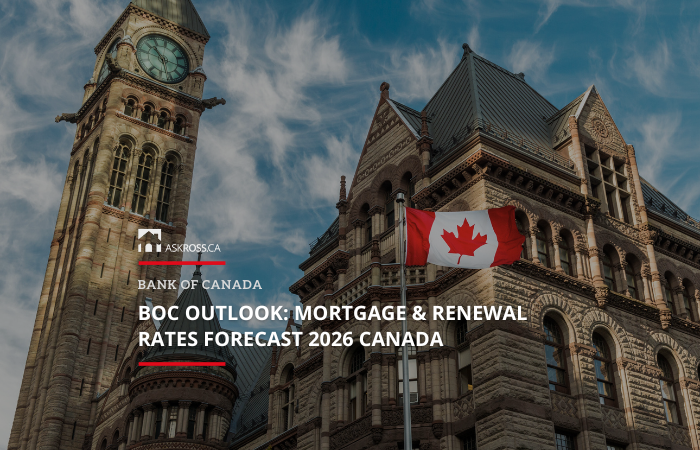
Published: February 28th, 2024 • Last Updated: February 28th, 2024
Author: Brent Rowe on AskRoss.ca
Recent findings from Statistics Canada’s 2021-2022 Canadian Social Survey shed light on the broader implications of renting in Canada, revealing that the challenges extend beyond financial burdens to encompass overall life satisfaction. The survey underscores a notable disparity between renters and homeowners, with individuals in rented accommodations reporting lower quality of life across various dimensions of well-being.

Financial Strain and Quality of Life
According to StatCan, renters face significant hurdles in meeting financial obligations, with a staggering fifteen percent more likely to report difficulty in this regard compared to homeowners. This financial strain not only impacts individuals’ economic well-being but also contributes to a diminished sense of community belonging and heightened feelings of isolation among tenants.
Correlation with Housing Expenses
The correlation between housing expenses and life satisfaction becomes apparent in cities like Toronto and Vancouver, where housing costs pose significant challenges to household budgets. StatCan’s data highlights the profound impact of housing affordability on life satisfaction, with a considerable portion of households in Toronto residing in unaffordable housing. Notably, 12.6% of households allocate over half of their income to shelter costs, as revealed by the 2021 census.
Implications for Residents
For individuals living in rented accommodations, particularly in cities with soaring housing costs, the findings underscore the complex interplay between financial stability and overall well-being. The strain of navigating unaffordable housing markets not only impacts individuals’ financial health but also takes a toll on their sense of belonging and social connectedness.
Navigating Housing Challenges
As Canadians grapple with the challenges of housing affordability and its impact on life satisfaction, policymakers and stakeholders must prioritize initiatives aimed at addressing these disparities. From implementing measures to enhance housing affordability to bolstering social support systems, concerted efforts are needed to ensure that all Canadians have access to safe, affordable housing options that contribute to their overall well-being.

The Takeaway
Statistics Canada’s recent findings offer valuable insights into the multifaceted challenges of renting in Canada and its impact on life satisfaction. By recognizing the link between housing affordability, financial stability, and overall well-being, policymakers can work towards creating a more equitable housing landscape that promotes the prosperity and happiness of all residents. As the nation grapples with housing affordability issues, addressing these challenges remains essential to fostering a thriving and inclusive society.
Toronto News
Have questions? Let’s connect.
Get quick answers to your questions, no matter how difficult – 7 days a week.

 Apply For a Mortgage
Apply For a Mortgage








